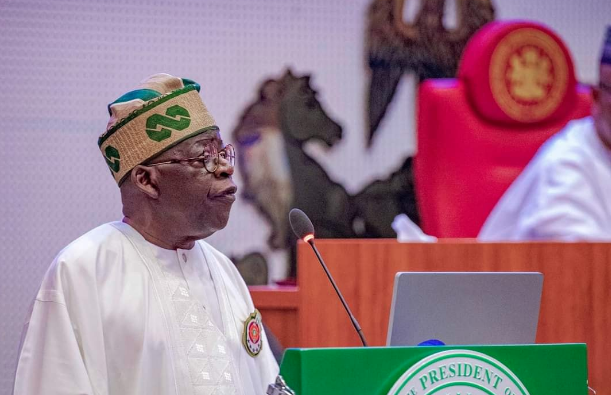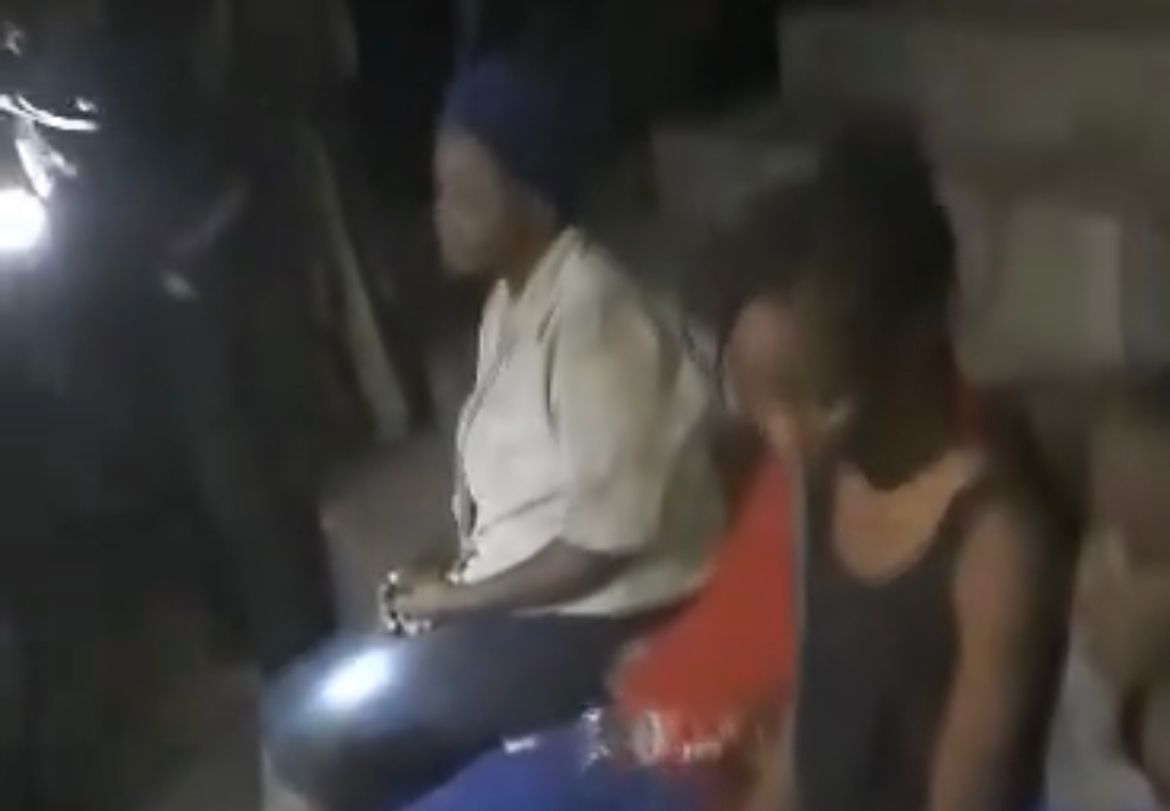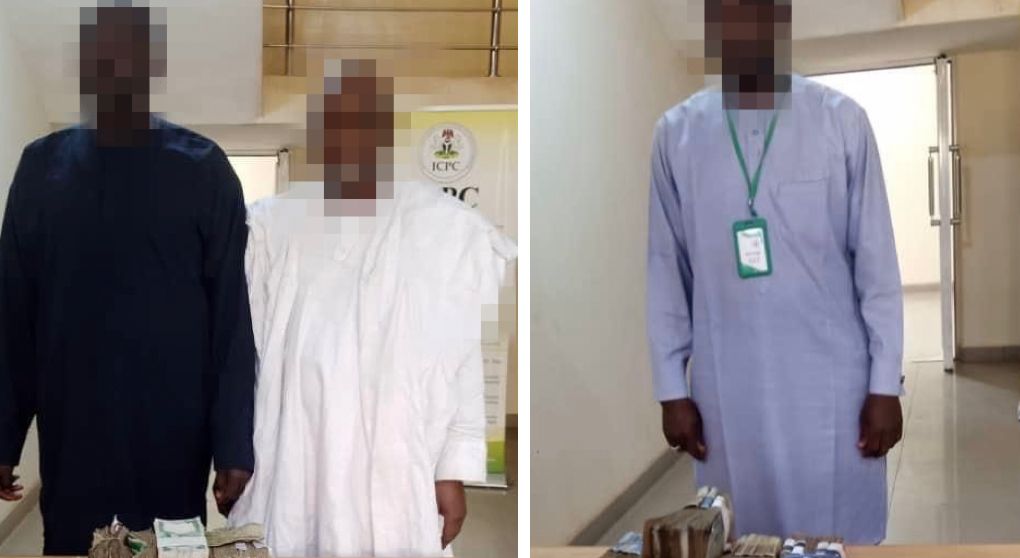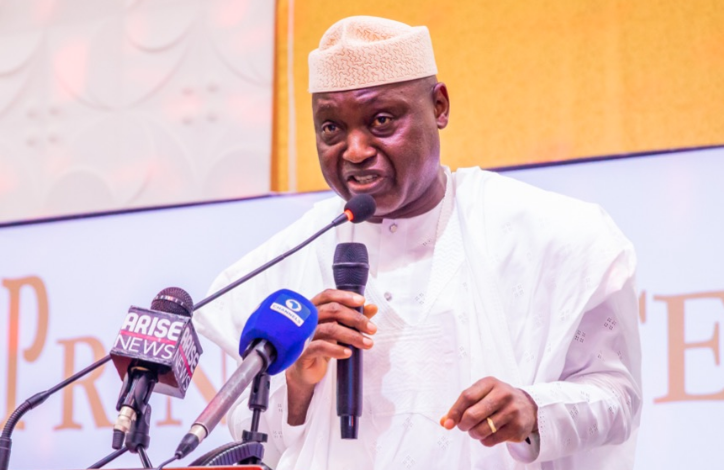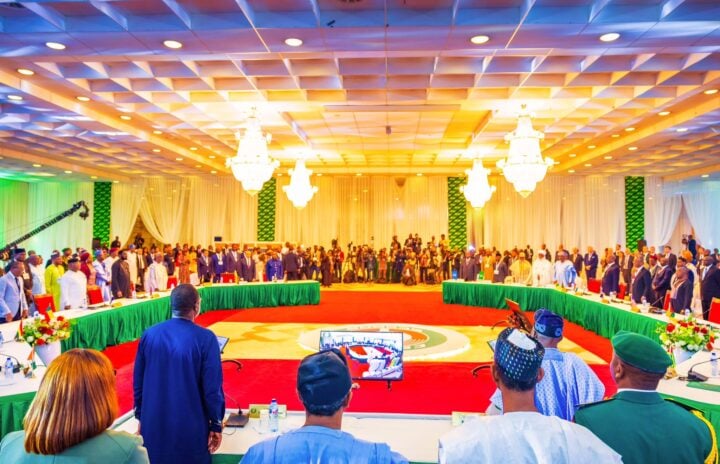Politics has probably one million definitions but, for the purpose of this article, I mean the art of winning, keeping or jostling for state power. There is nothing wrong with politics, even though the conduct of many politicians tends to give it a bad name and you always hear a lot of decent people vowing to never dive into the “murky waters of politics”. Politics could be dirty but it does not have to be. Politicisation, on the other hand, is the framing of issues for political gain by those who have won or are jostling to win state power. It is not necessarily a bad thing, but it almost always leads to political polarisation, where commonsense has the tendency to disappear without a trace.
When I say “politicisation of politics”, therefore, it should be understood within the context of the Machiavellian politics “marked by cunning, duplicity, or bad faith” — as the Merriam-Webster dictionary describes it. Machiavellian ethics are built on the maxim that “the end justify the means”. It doesn’t matter what you do to achieve your goal — it is your goal that matters. That is the philosophy of Niccolò Machiavelli, the Italian political philosopher whose classic treatise, The Prince, ranks among the most famous books ever. Machiavelli said his experience and reading of history showed him that “politics has always been played with deception, treachery, and crime”.
From my balcony, I have been observing recent events under President Bola Tinubu and I am asking myself: haven’t I seen this kind of politicisation before? With kidnappers on a renewed rampage, someone whispered to me that “the north” is trying to destabilise Tinubu’s government because some “juicy appointments” have been taken away from them. Truly? Alhaji Atiku Abubakar, former vice-president and PDP candidate in the 2023 presidential election, has called on Tinubu to resign if he cannot tackle the insecurity in the land. Really? The relocation of certain offices of the CBN and FAAN from Abuja to Lagos is being described as an attempt to relocate the federal capital. Sure?
In truth, there is nothing new in this sort of politicking. In 1999, when President Olusegun Obasanjo directed that the headquarters of the Nigerian Maritime Authority (NMA, now known as Nigerian Maritime Administration and Safety Agency, NIMASA), and the Nigeria Ports Authority (NPA) be relocated to Lagos for administrative convenience, there was a similar outcry that he was trying to relocate the federal capital. Nearly 25 years later, Abuja remains the federal capital. The outcry over relocation is always from one region. If Abuja is indeed a neutral territory — as it was intended to be when the capital was moved from Lagos — why are the northern senators the most concerned?
Advertisement
Claiming that a part of the country is “fighting back” for losing power is not new either. In the early years of Obasanjo’s first term as president, there were ethnic and religious killings in several parts of the country, most notably Kaduna, Plateau and Kano. We were told then that fifth columnists were at work to end the “nascent” democracy because they were not comfortable that a southerner was in power and “restructuring” Nigeria. They wanted the military back, we were told. Almost 25 years later, ethnic and religious killings have not stopped, no matter who has been in power — Muslim or Christian, northerner or southerner — and, well, the conspiracy theories have not stopped either.
Nigerian politics has been predominantly Machiavellian since the return to democracy in 1999, but the endless politicisation of our politics appeared to have fully taken off in 2009 when President Umaru Musa Yar’Adua fell terminally ill and it became glaring that power would return to southern Nigeria in less than four years of moving to the north. There were calls on his deputy, Dr Goodluck Jonathan, to respect the power rotation arrangement in the PDP by not running in 2011. He did run and did win — with the backing of major northern power brokers — but that did not stop accusing fingers being pointed at “the north” when Boko Haram terrorism and insurgency exploded later.
Recently, when Atiku asked Tinubu to resign over the renewed insecurity in the country, it brought back memories of what the APC said to President Goodluck Jonathan ahead of the 2015 general election. At the time, Boko Haram was at the height of its power. Alhaji Lai Mohammed, then APC’s spokesperson, asked Jonathan to resign. We are in 2024 and the APC is getting a dose of its own medicine. We spent valuable time then debating who was behind Boko Haram. We spent valuable time under President Muhammadu Buhari debating who was behind “Fulanisation”. We are spending valuable time again debating who is behind kidnappings under Tinubu. It is our political culture.
Advertisement
I would repeat what I said when PDP and APC were having a go at each other under Jonathan: it does not matter who is behind or beside Boko Haram — all Nigerians desire is for their lives and property to be protected by the government. That was what Jonathan owed all Nigerians. The rest is detail. I repeated the same argument under Buhari: it does not matter whether it is Fulani or Kanuri herdsmen — Nigerians are being kidnapped and killed by criminals all over the country and all they desire is security. The rest is detail. Now that we are back to our favourite ritual of propounding conspiracy theories, my message to Tinubu is the same: secure Nigeria. The rest is detail.
We have a big problem in Nigeria: politics always takes precedence over everything. A sense of responsibility to peace and progress is often an afterthought. We are immersed in polarising politics 24/7. At what stage do we focus on the purpose of politics which, as ironic as it may sound, is for the greater good of the society? At what time do we put partisan interests aside and see ourselves first as Nigerians who have a duty to make our country better, no matter who we voted or didn’t vote for? We are already fiercely preparing for the 2027 presidential election, less than a year into a new administration. We play partisan and divisive politics every day of our lives. That is who we are.
To be sure, playing politics is the food of democratic contests. I cannot argue against that. The intrigues and high-wire games could be exciting. There is nothing wrong with that. As I said, politics is not a bad thing, for as long as you are trying to win, keep or jostle for power. My worry is what we play politics with or over. It is okay, in my view, to play politics with the economic policy of the current administration. You can pillory the fiscal and monetary policies. You can ridicule the industrial, trade and agricultural policies. You can tear the policies on education and infrastructure apart. They will even become sweeter when you claim to have better policies if you are in power.
We saw the APC do a lot of that to the PDP and Jonathan ahead of the 2015 elections. It was N300/£ and N216/$. The APC made plenty political capital out of the falling exchange rates then and asked Nigerians to vote out Jonathan. There was a popular Muhammadu Buhari/Yemi Osinbajo advertising board with the message: “Is N216 to $1 Okay?” Today, the rates are N1600/£ and N1400/$ and PDP supporters and sympathisers have every right to play politics with it. There was this Buhari/Osinbajo poster beside a petrol station where the price displayed was N87/litre. Today, it is over N600/litre. Why should anyone begrudge opposition supporters who make fun of the APC? It is return match.
Advertisement
Since the APC came to power in 2015, we have seen a dramatic fall in the economy. Prices of goods and services have hit the sky. The APC government spent eight years blaming the economic downturn on “16 years of misrule by the PDP”. Many PDP supporters asked the APC to shut up and do the job since they promised Nigerians that they had the solution to the economic challenges. With the APC unable to solve the problem till today, the PDP and other opposition supporters are accusing the APC government of bringing misery on Nigerians. I do not see anything wrong with this kind of politics. It is a competition of words that is worth watching. That is very good for politics.
However, I cannot withstand the politicisation of insecurity. I think certain things should be off limits. Nobody should go around saying “northerners” want to destabilise Tinubu because he didn’t give them their “born-to-rule” appointments. We’ve gone this conspiracy route before and it only further hurt our nationhood. Politicians should also avoid the route of saying “I can secure Nigeria better” just because they want to win elections. The APC said more than this in 2015 but nine years later we are still fighting terrorism, insurgency, banditry and kidnapping. Talk is cheap. Our sincere concern should be about finding a lasting solution rather than engaging in grandstanding for political gain.
It is the duty of Tinubu, as president and commander-in-chief of the armed forces, to secure every nook and cranny of the country. We cannot begin to argue over that. As the chief security officer of the federation, he must find a solution. But, in the name of God, we should not go into another era of conspiracy theories because we want to play politics. Nigerians — northerners, southerners, Muslims, Christians, traditionalists, non-religious, men, women, children, APC members, non-APC members — are at the mercy of these criminals. Let us play politics with the relocation of CBN, the economy, and such like. But let us not return to the unhelpful politicisation of insecurity. Anathema.
AND FOUR OTHER THINGS…
MURDERING MONARCHS
Advertisement
Two monarchs returning from a meeting in Irele-Ekiti were gunned down on Monday. Oba David Ogunsakin, the Elesun of Esun-Ekiti, and Oba Olatunde Olusola, the Onimojo of Omojola-Ekiti, were brutally murdered. This was the first time monarchs would be killed in this manner. School children were also kidnapped in Emure-Ekiti. This also looks like a first of its kind in Ekiti state. In nearby Ekiti local government in Kwara state, Oba Peter Aremu, Onikoro of Koro-Ekiti, was also killed in cold blood. I am no security expert but these killings do not look random. Suspects have been arrested, thankfully, but police must dig deeper to establish the real motives of these attackers. Abominable.
FIRST AID
Advertisement
FBN Holdings Ltd, the parent company of First Bank of Nigeria, on Wednesday appointed Mr Femi Otedola, the billionaire businessman and investor, as the new chairman of its board of directors. Otedola became the bank’s biggest shareholder two years ago when he increased his stake to 7.57 percent, but a lot has happened in the boardroom that has not painted the bank in good light. With the squabbles, everything started going ding-dong. First Bank, as Nigeria’s oldest bank and one of the biggest financial institutions in Africa, should put its house in order if it wants to remain competitive in these times. I hope Otedola’s tenure will finally bring the needed healing and direction. Focus.
GO, EAGLES, GO
Advertisement
The Super Eagles beat Angola 1-0 on Friday to qualify for the semi-finals of the 2023 Africa Cup of Nations. Angola does not give me good memories — I always remember the death of Sam Okwaraji in a 1990 World Cup qualifier against them in Lagos. I also remember Angola knocking us out of the 2006 World Cup. I had a sense of satisfaction that we beat them to make it to the last four — our first since 2019. I must confess that these Super Eagles are nowhere near the most exciting teams we have had, but I am impressed with their discipline and work rate. As things stand, I would take any form of win. I wish the team all the best — meaning they should bring the trophy home. Goaaaaaal!
NO COMMENT
Advertisement
In the last few weeks, Governors Abba Yusuf of Kano, Caleb Mutfwang of Plateau, Francis Nwifuru of Ebonyi and Siminalayi Fubara of Rivers all thanked President Tinubu for the supreme court verdicts that affirmed their elections. Yusuf and Mutfwang, in particular, thanked Tinubu “for not interfering in the judgments”. Since when did the apex court start taking instructions from the president before deciding how cases would go? Or was it tongue in cheek? Ironically, Tinubu did not say anything to dispel the notion. The implication, at least from an ordinary reading of it, is that he admitted interfering in supreme court proceedings but was only kind not to do so in these cases. Wonderful.
Add a comment

